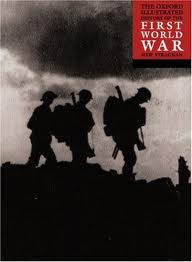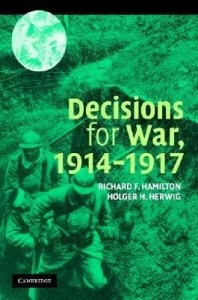Clausewitzean Ideas of War and how they Relate to Present Conflicts
As I am getting ready to begin the final class for my MA and complete my Thesis I have been re-reading Clausewitz and his ideas and theory of War. One of the things that that has struck me the most and made me realize how much Clausewitz is misunderstood is the way in which his most famous quote from the book about how “War is the continuation of policy by other meansâ€[1] is completely taken out of context in most history.
If you read his book further, and I assume that most generals, staff chiefs, and even military historians have then it is clear that this quote is just a starting point given the numerous caveats and expansions on that simple statement in his theory. Indeed, the very section that this quote heads explains what he means in a very concise and unambiguous manner; it is worth quoting in full.
“We see, therefore, that war is not merely an act of policy but a true political instrument, a continuation of political intercourse, carried on with other means. What remains peculiar to war is simply the peculiar nature of its means. War in general, and the commander in any specific instance, is entitled to require that the trend and designs of policy shall not be inconsistent with these means. That of course, is no small demand; but however much it may affect political aims in a given case, it will never do more than modify them. The political object is the goal, war is the means of reaching it, and means can never be considered in isolation from their purpose.â€[2]


